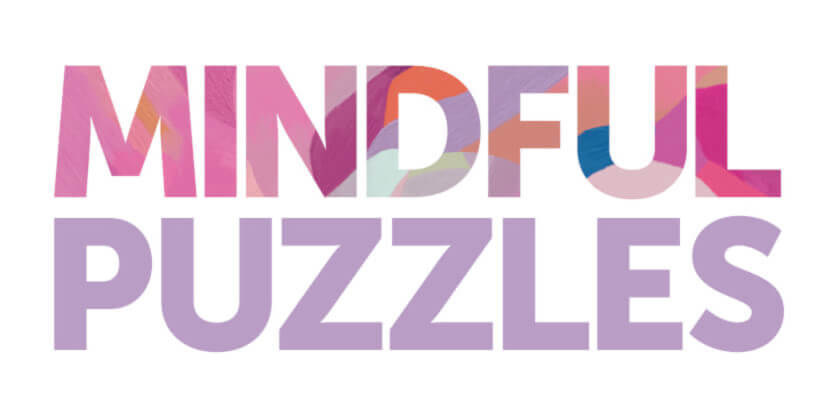
There are a myriad of benefits from a routine grounded in rest and going with the slow.
The world continues to whirl, its rate constant for eons. But our contemporary culture of ubiquitous busyness sees us scrambling to do more, do better, all with an underlying sense of urgency. Those 24 little hours have become the vessels for our on-the-go, plugged-in lifestyles, to the point where downtime can be both elusive and overlooked.
LESS IS MORE
“If you have difficulties getting adequate rest and sleep, you’re certainly not alone. Many of us have trouble with this, especially now that our lives are so busy and hyper-connected,” says Dr Addie Wootten, clinical psychologist and CEO of renowned not-for-profit meditation program, Smiling Mind.
While it may seem counterintuitive to do less, slow down, and rest, research indicates that doing so can actually improve the work we undertake. Regular breaks have been shown to reduce decision fatigue, boost motivation, consolidate memories, and increase productivity and creativity. “Calming the mind and body through periods of rest helps us maintain balance, manage stress and think clearly,” says Dr Wootten. This in turn allows us to better deal with life’s challenges and perform at our best, she counsels.
SWEET SLEEP
One of the most significant ways we can prioritise rest is by getting adequate shuteye. “During sleep, many restorative processes occur in our body and our mind,” says Dr Wootten. This includes our blood pressure, mental recovery and regeneration, as well as our immune response, with research even suggesting that a lack of sleep has a profound impact on mood, cognition and pain tolerance.
According to Dr Wootten, sleep is as vital for our wellbeing as a balanced diet and exercise routine. She advises that while everyone is different, we typically require six to nine hours of sleep a night. “If you find you’re not getting this amount, it may be time to look at changing your routine so that you can get the amount of sleep you need,” Dr Wootten counsels.
A RESTFUL ROUTINE
The best place to start when pursuing more repose is to reflect on how much you value rest, says Dr Wootten. “Have you considered what benefits you experience when you do prioritise rest in your day? Once you have identified the benefits and can see the value, you might find it easier to find time for rest.
“Try scheduling ‘rest time’ into your week the same way you would a health appointment, gym session or catch up with a friend,” advises Dr Wootten. “Whether this is an hour on a Sunday afternoon to read, a bubble bath on a weeknight, or a 20-minute meditation on a Saturday morning.”
Although it can be difficult to wind down and unplug from the modern day mantra of more-more-more, the art of doing nothing with our time is a valuable use of it; it is in the small, quiet moments, the pauses, the slow periods with real awareness and connection, that we discover what matters most.
RITUAL FOR A MORE SATISFYING SLUMBER
“When it comes to getting a good night’s sleep, there isn’t a magic formula that will work for everyone. However, incorporating some of the following strategies into your bedtime routine will help,” says Dr Wootten.
- Remove devices: we’ve all heard it before, but it’s extremely important to put away your devices before bed. They keep you stimulated and disrupt your sleep-wake cycle, making it harder for you to not only get to sleep, but wake up in the morning.
- Unwind and rest before bed: try a relaxing activity such as reading or meditation right before you’re ready to hit the hay. This will help you wind down, sending a message to your brain that you’re ready for sleep.
- Routine: our sleep-wake cycle is a natural rhythm and routine is very important to support this. Try going to bed and waking up in the morning at the same time.
- Sleep environment: minimise external disruptions by making sure your bedroom is conducive to sleep. Check the temperature of the room (a cool room around 18 degrees is ideal) and pay attention to small things like the light, noises and scents.
- Minimise internal disruptions: by settling the mind, you will be less likely to keep yourself awake with reminders, shopping lists and ‘what ifs’. Listening to calming music or doing one of Smiling Mind’s sleep meditations is a great way to relax the mind and prepare you for a good night’s repose.
- Reduce stimulants: stimulants and sleep don’t go hand in hand, and it’s important to recognise that what we consume will directly affect our mind and our body. Avoid caffeine, high sugar intake, or other stimulating food or drink before bed, including alcohol.
SOME OTHER IDEAS TO INCORPORATE REST:
- Sleep-ins • Time in nature • Reading in bed • Meditation • Soaking in a hot bath • Listening to music • Massages • Time alone • A gentle yoga class • A night in • Journalling • Cuddles with a pet
REMINDER
Agitation and annoyance when we can’t get to sleep can be our biggest challenge. So, if you’re having trouble sleeping, try not to get into a cycle of self-criticism or blame. Be kind to yourself and focus on rest and relaxation strategies that, with time, will support you to get a good night’s sleep.
For more information on Smiling Mind visit: smilingmind.com.au or search for Smiling Mind on Instagram, Twitter, Facebook, and LinkedIn.




















